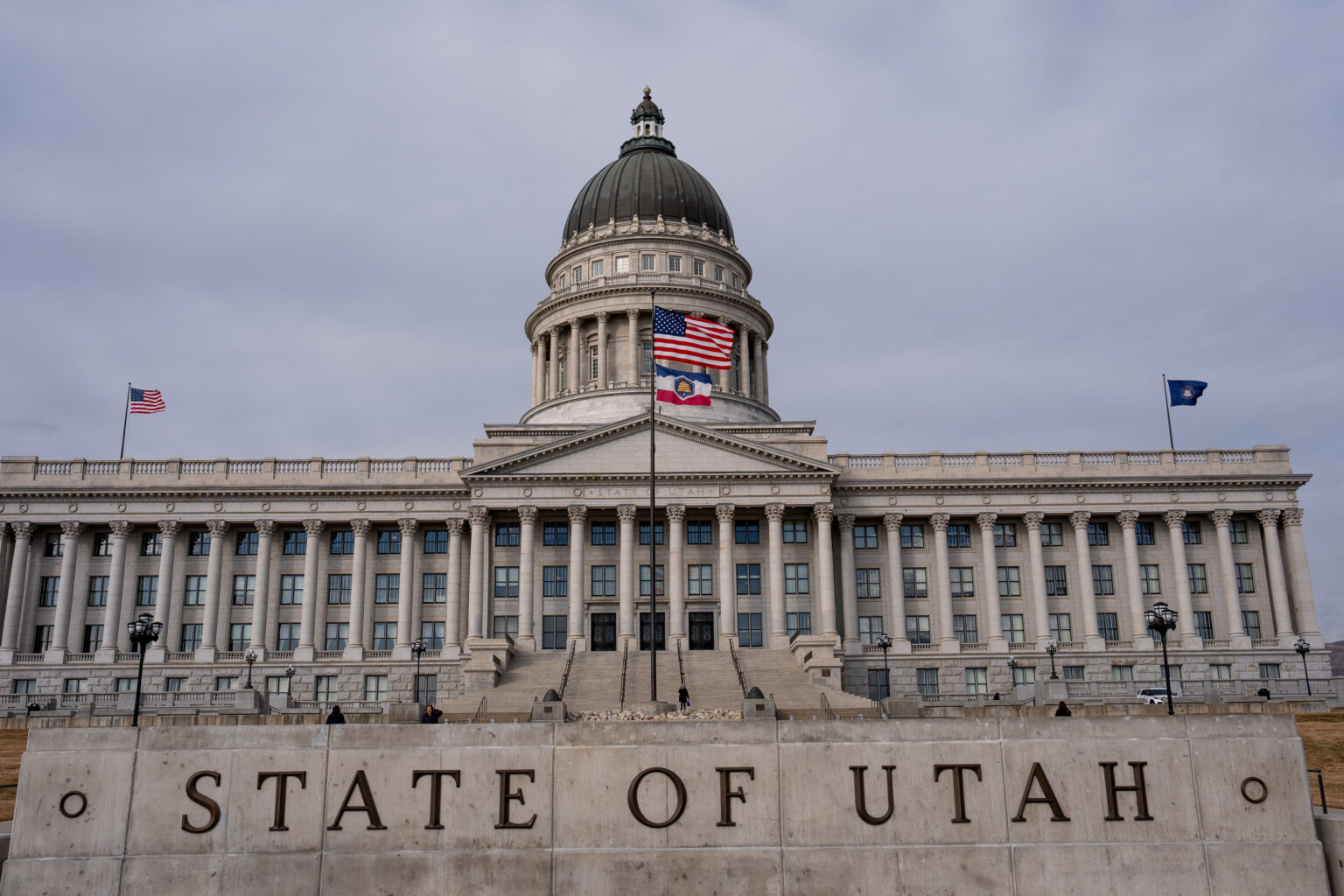The fact is that you or somebody you know probably suffers from a type of mental health disorder. Such disorders are not harmless and can wreak havoc on families all over the state.
If you’re skeptical about the very real consequences of mental health disorders, just quickly examine Utah’s youth suicide statistics. From 2018 to 2020, Utah has had an average of 657 suicides per year, and in 2020, suicide was the leading cause of death for Utahns ages 10 to 17 and 18-to 24. This problem is persistent with 36.7% of Utah high school students feeling sad or hopeless, 22.3% seriously considering attempting suicide, and 18.7% making a suicide plan.
In Utah, such consequences are exacerbated by the state’s inability to get people the mental health treatments they deserve and require. Only 53% of Utahn’s mental health needs are being met.
Mental health professionals include a variety of professionals ranging from psychiatrists, psychologists, clinical social workers, professional counselors, and marriage and family therapists.
In almost all cases, for someone to practice in these professions, an occupational license is necessary. The necessity of an occupational license is directly to blame for the shortages of mental health professionals.
Licensure has two primary goals: to ensure the protection of patients and to ensure a minimum level of competency for practitioners. However, gaps and variations in licensure requirements can lead to service coverage gaps and contribute to the uneven distribution of mental health professionals.
Occupational licenses have become arbitrarily restrictive. They often are paired with overly high fees and educational requirements, vary greatly between states, and rarely allow a practitioner to move states without facing re-licensure. These makings of occupational licenses keep prospective practitioners from entering the workforce and inhibit those who are licensed from moving to areas where they are desperately needed.
Thankfully, policymakers — especially in Utah — are working to help meet the state’s demand for mental health practitioners by improving the portability of licenses while decreasing variations in their requirements.
Over the last few years, states have paid increasing attention to licensing reciprocity and mobility for mental health professionals. Licensing reciprocity allows a professional holding an out-of-state license to be granted a license in a different state if their education and experience demonstrate competency.
In line with this policy, during the 2022 Utah general legislative session lawmakers passed Senate Bill 43. This allows an occupational license to be issued to a person who has come to Utah internationally or from a different state. Issuing a license to these persons will occur if they have at least one year of experience practicing the occupation they are seeking licensing for, it has been determined that their education experience and skills demonstrate competency, or if their previous jurisdictions licensing requirements were similar to those in Utah.
Additionally, seven states — including Utah — have adopted an interstate telehealth compact for psychologists, known as PSYPACT. PSYPACT makes it easier for psychologists to practice telepsychology (providing services remotely) across the states within the compact, reducing the burdens of maintaining multiple licenses across states.
Other positive reforms in this realm include the Occupational Therapy Licensure Compact (OT Compact) and House Bill 283. The OT Compact Occupational Therapists and Occupational Therapy Assistants who are licensed in good standing in a Compact member state may practice in other Compact member states via a “compact privilege,” which is equivalent to a license. House Bill 283 will also help increase access to mental health services across the state by reducing the number of clinical hours required for licensure as a social worker, a therapist, or a clinical mental health counselor.
Such initiative must be applauded. Whether through interstate compacts or expanding reciprocity, reducing barriers to licensing mobility has the potential to bring mental health services to areas of the state with mental health professional shortages.





